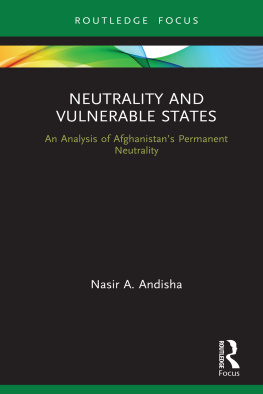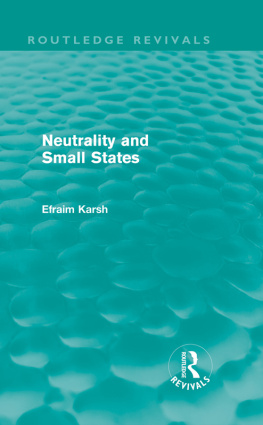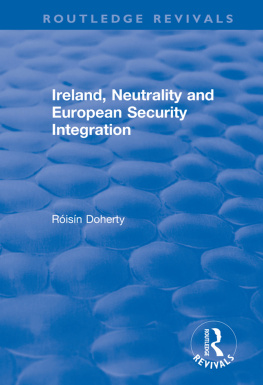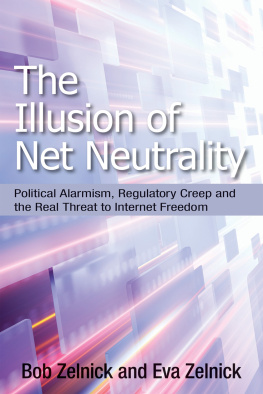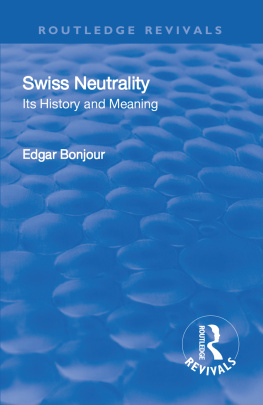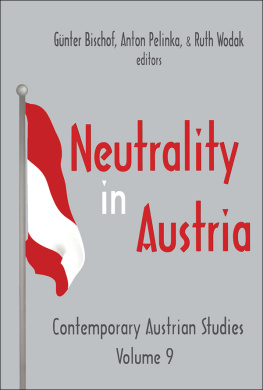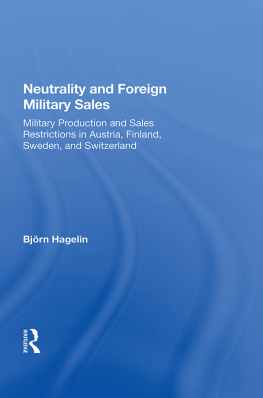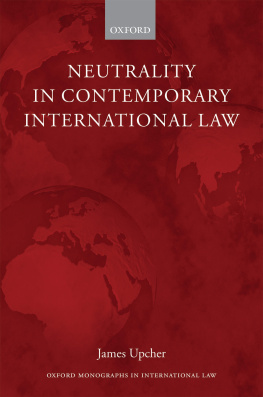The Ideological Cold War
This book opens new perspectives into the Cold War ideological confrontations. Using Austria and Finland as an example, it shows how the Cold War battles for the hearts and minds of the people also influenced policies in countries that wished to stay outside the conflict.
Following the model of older European neutrals, Austria and Finland sought to combine neutrality with democracy. The combination was eagerly challenged by ideological Cold Warriors on both sides of the divide and questioned at home too. Was neutrality risking the neutrals commitment to democracy, or did the commitment to the western type of democracy threaten their commitment to neutrality?
Confronting these doubts grew into an organic part of practicing neutrality in the Cold War world. The neutrals needed to be exceptionally clear regarding the ideological foundations of their neutrality. Successful neutrality required a great deal of conceptual consistence and domestic unanimity. None of this was pre-given in Austria or Finland. However, in the model of Switzerland and Sweden, (armed) neutrality was systematically integrated with the official state ideology and promoted as a part of national identity. Legacies of these policies outlived the end of the Cold War.
Johanna Rainio-Niemi is currently a post-doctoral researcher at the Department of Political and Economic Studies, University of Helsinki. She specializes in contemporary European history with a focus on Austria and Finland, and on histories of the Cold War, the welfare state and related strategies of domestic consensus-building.
Routledge Studies in Modern History
Isolation
Places and practices of Exclusion
Edited by Carolyn Strange and Alison Bashford
From Slave Trade to Empire
European Colonisation of Black Africa 1780s1880s
Edited by Olivier Ptr Grenouilleau
Revolution, Counter-Revolution and Revisionism in Postcolonial Africa
The Case of Mozambique, 19751994
Alice Dinerman
Charity and Mutual Aid in Europe and North America since 1800
Edited by Paul Bridgen and Bernard Harris
Churchill, Roosevelt and India
Propaganda During World War II
Auriol Weigold
Genocide and Fascism
The Eliminationist Drive in Fascist Europe
Aristotle Kallis
Scientific Research in World War II
What Scientists Did in the War
Edited by Ad Maas and Hans Hooijmaijers
Restoration and History
The Search for a Useable Environmental Past
Edited by Marcus Hall
Foundations of Modernity
Human Agency and the Imperial State
Isa Blumi
Transpacific Revolutionaries
The Chinese Revolution in Latin America
Matthew D. Rothwell
First World War Nursing
New Perspectives
Edited by Alison S. Fell and Christine E. Hallett
The Ideological Cold War
The Politics of Neutrality in Austria and Finland
Johanna Rainio-Niemi
The Ideological Cold War
The Politics of Neutrality in Austria and Finland
Johanna Rainio-Niemi
First published 2014
by Routledge
711 Third Avenue, New York, NY 10017
and by Routledge
2 Park Square, Milton Park, Abingdon, Oxon OX14 4RN
Routledge is an imprint of the Taylor & Francis Group, an informa business
2014 Taylor & Francis
The right of Johanna Rainio-Niemi to be identified as author of this work has been asserted in accordance with sections 77 and 78 of the Copyright, Designs and Patents Act 1988.
All rights reserved. No part of this book may be reprinted or reproduced or utilised in any form or by any electronic, mechanical, or other means, now known or hereafter invented, including photocopying and recording, or in any information storage or retrieval system, without permission in writing from the publishers.
Trademark Notice: Product or corporate names may be trademarks or registered trademarks, and are used only for identification and explanation without intent to infringe.
Library of Congress Cataloging-in-Publication Data
Rainio-Niemi, Johanna.
The ideological Cold War: the politics of neutrality in Austria and
Finland / by Johanna Rainio-Niemi.
pages cm. (Routledge studies in modern history ; 12)
Includes bibliographical references and index.
1. Cold WarPolitical aspectsAustria. 2. Cold
WarPolitical aspectsFinland. 3. AustriaPolitics
and government1945 4. FinlandPolitics and
government1945 5. AustriaForeign relations20th
century. 6. FinlandForeign relations1945 7. Neutrality
AustriaHistory20th century. 8. NeutralityFinlandHistory
20th century. 9. IdeologyPolitical aspectsAustriaHistory20th
century. 10. IdeologyPolitical aspectsFinlandHistory20th
century. I. Title.
DB99.2.R35 2014
943.6053dc23
2013040093
ISBN13: 978-0-415-83672-2 (hbk)
ISBN13: 978-0-203-37976-9 (ebk)
Typeset in Sabon
by IBT Global.
Contents
At elementary school in mid-1980s Helsinki, I grasped the image of Finland as a neutral, Nordic country, as a respected member of the United Nations and participant to its peacekeeping operations across the globe. Being on good terms with the East and the West, as we learned, Finland was a bridge-builder of the post-1945 world, Helsinki having staged the final meeting of the Conference for European Security and Cooperation. By the time I started my university studies in the mid-1990s, this image of Finland was history. A bright new European future lay ahead for Finland. The whole of Europe was opening up from East to West and students in their early 20s headed off to various different European countries to live and study. My ways led to Vienna.
My many stays in Vienna since the 1990s provided me with a sort of in-built interest in cross-national and comparative perspectives. Over the course of the years, Austria made me rethink Finland and Finland to rethink Austria and European histories as a whole. For Austrian-Finnish comparative historical reflections, the topic of neutrality was almost ready at hand and, yet, a terrain where, as I learned, not many scholars had moved with cross-national analytical tools in their bag. The adoption of a more crossnationally attuned approach led me beyond the polished public images and national narratives of the few, best established European neutrals.
This book has been in the making in the back of my head for many years. Gaining new nuances step by step on my academic paths, the books main themesthe shifting conceptions of neutrality, state ideology, and national identityhave kept coming back to me in diff erent connections and held my attention even at times when the primary focus of my research has been elsewhere.
My decision to start seriously working towards this book which partly leans on the research I did for my doctoral dissertation, goes back to late 2010, when I was invited to a workshop convened by Thomas C. Fischer, Juhana Aunesluoma, and Aryo Makko at the Graduate Institute of International and Development Studies in Geneva. The workshop brought together scholars with interest in new perspectives to the study of the histories of neutrality, seniors as well as younger scholars from Switzerland, Austria, Sweden, and Finland. Besides the conveners, I thank especially Jrg Martin Gabriel, Wolfgang Mueller, and Jussi Hanhimki for their interest in my research topics. Thomas C. Fischer provided me with excellent literature tips on the Swiss policies of



